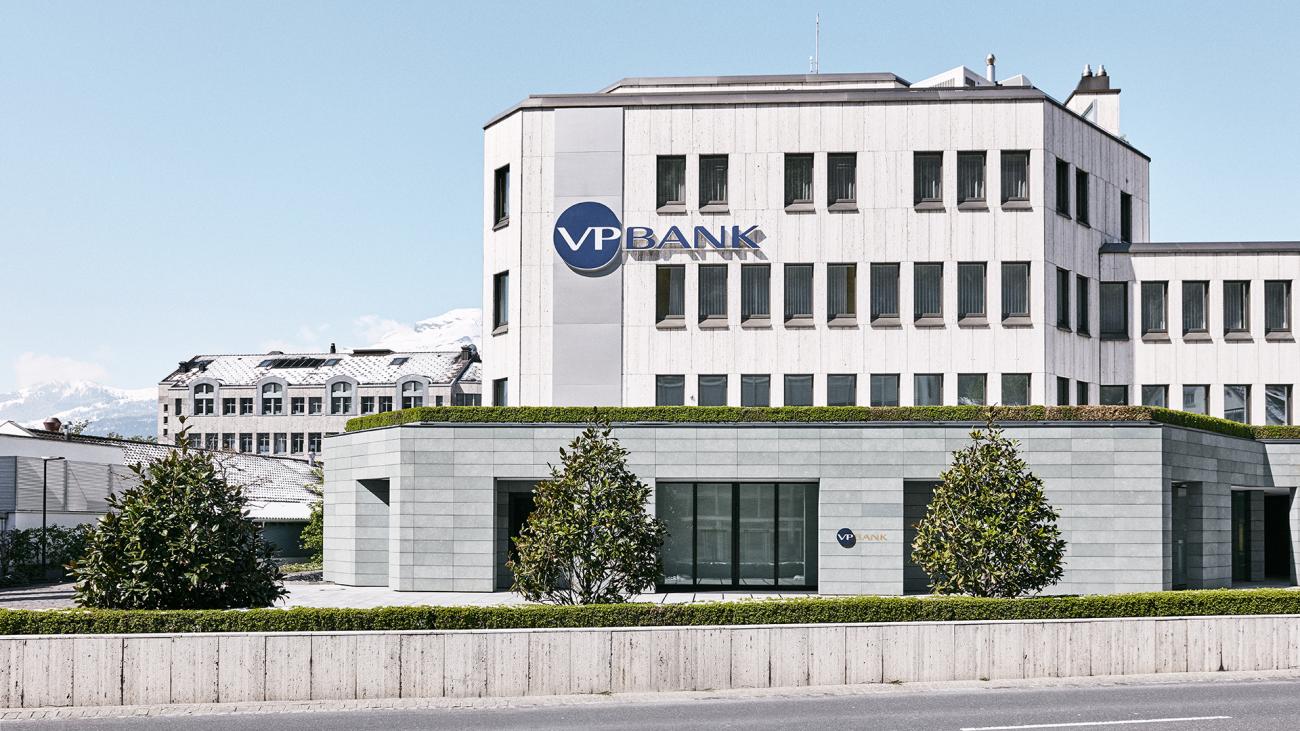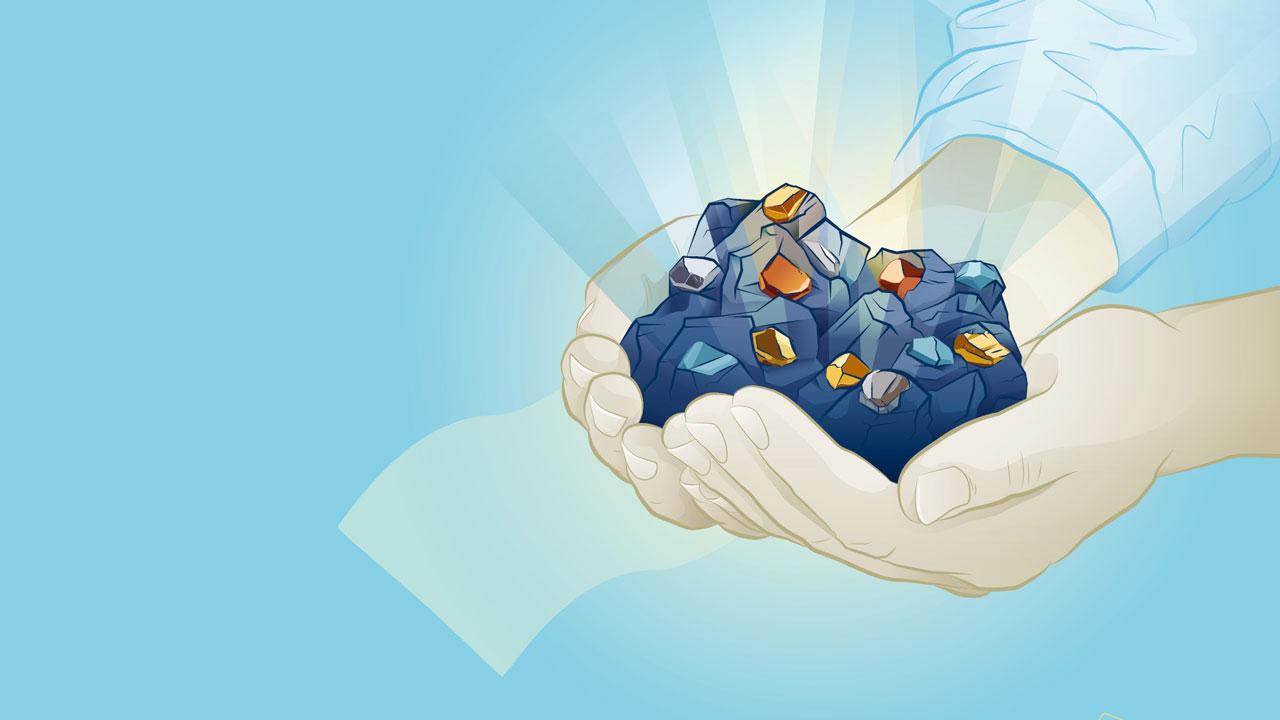VP Bank lays the groundwork for innovative solutions in the field of digital assets by being the first Liechtenstein bank to successfully tokenise a work of art.
Based on current estimates, the global art market is worth around USD 1.7 trillion. According to publicly available information, Leonardo da Vinci’s “Salvator mundi” is the most expensive painting ever sold (USD 450.3 million). The record-breaking sale was concluded in 2017 in the classic form of an auction. Dealing with these types of tangible asset raises a number of challenges: a limited class of potential owners, high administrative costs when purchasing as well as major geographical constraints associated with transport and storage requirements.
Tokenisation makes it much more straightforward to access paintings, along with other works of art such as sculptures or photographs, as well as enabling bespoke solutions to be found for specific individual tasks. VP Bank is the first bank in Liechtenstein to offer its clients access to a variety of innovative services for owners and administrators of works of art. It is able to do so thanks to its successful inclusion in the TTTA Register.
Under the Liechtenstein Tokens and TT Service Providers Act, also known as the Blockchain Act, the Principality of Liechtenstein has created a legal framework in Liechtenstein which is unique on a global level. The act creates legal certainty for service providers of trust technologies (TT). The first action taken by VP Bank was to register itself as a token creator and a TT token custodian. In its capacity as a token custodian, VP Bank guarantees an excellent security standard as a long-standing and financially sound bank. Further applications for registration to provide additional services are currently being considered.
Forward-looking product range
VP Bank is now able to register ownership claims over real assets digitally on the blockchain and to store them as tokens. This is an efficient and cost-effective structural solution for sharing and storing, for example, works of art. It also opens up new opportunities for art galleries, museums or art foundations. Clients benefit by gaining a unitary overview of their assets as well as a transparent display of shared ownership interests both in their asset statements and in e-banking. The possibility of tokenising assets will offer new opportunities for VP Bank, especially within its core business with intermediaries, for instance if real assets have to be divided within the ambit of succession arrangements. Moreover, working closely with its network of renowned partners, VP Bank has created a wide-ranging service landscape for the most exacting quality requirements.
Thomas von Hohenhau, Head of Client Solutions, stresses: “By offering this service we are acting as a trailblazer and creating new and secure asset management opportunities for our clients. The token economy also underscores the systematic and forward-looking focus of our service range.”
Paul Arni, CEO of VP Bank: "The digital mapping of real assets responds to a growing need. I am pleased that we are playing a pioneering role in this area. VP Bank is thus seizing another opportunity to combine its strengths as an entrepreneurial and internationally networked Liechtenstein bank with innovative and forward-thinking services."
First work of art successfully tokenised
Following its inclusion in the TTTA Register, VP Bank has already successfully tokenised the first physical work of art, thus creating a digital ownership claim on the blockchain over a physical work of art for the first time in Liechtenstein.


